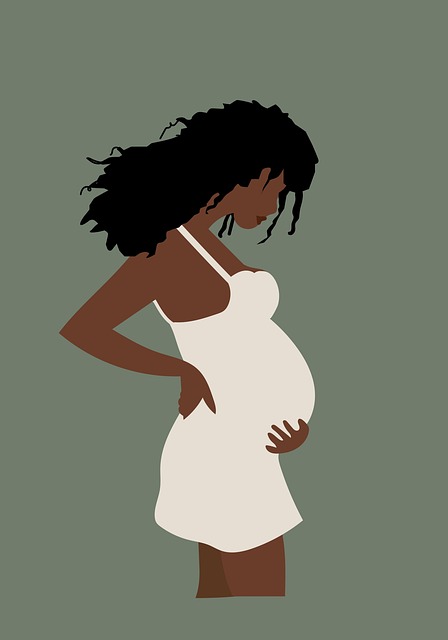In a recent reading, I stumbled upon a line that resonated deeply: “Losses that are invisible or unreal to others can be hard to bear.” It brought to mind the countless women I’ve encountered over the past two decades through support groups and therapy sessions, all of whom have faced various forms of pregnancy loss. These losses encompass not only the death of a child but also the loss of dreams, hopes, and plans. For those experiencing recurrent miscarriages, it’s a cycle of grief that can feel relentless.
According to the American Society for Reproductive Medicine, recurrent pregnancy loss is defined as the miscarriage of two or three consecutive pregnancies during the early stages. While about 25% of recognized pregnancies end in miscarriage, less than 5% of women face two consecutive losses, and only 1% endure three or more. Yet, for those affected, the feeling of loss can seem all-consuming.
As a therapist, I’ve listened to the stories of women like Sarah*, a 24-year-old who has suffered three early miscarriages while also raising a three-year-old son, and Lisa*, a 41-year-old who has faced five early miscarriages. Despite their different backgrounds, both women found themselves grappling with feelings of despair, guilt, and anxiety. Their experiences were compounded by the constant reminders of others’ pregnancies around them, leading to feelings of jealousy and isolation.
These women often felt that their partners struggled to grasp the depth of their emotions, leading to misunderstandings and tension in their relationships. Support from family and friends, which may have been abundant during the first loss, dwindled over time, leaving them feeling increasingly alone. As Sarah expressed, “It feels like I’m a broken record, and I worry my loved ones don’t want to be around me anymore.”
The absence of clear medical explanations for their losses left them plagued by “what ifs” and guilt, often believing they could have prevented the miscarriages. This guilt is compounded by societal expectations to understand and rationalize their pain. Research indicates that many women experience elevated levels of anxiety and depression long after a miscarriage, with some even developing post-traumatic stress disorder. Miscarriage is a multifaceted loss, taking away not just a potential child but also a part of oneself, one’s control, and often one’s sense of normalcy.
Grief, as noted by experts, can be cumulative, reawakening old wounds with each new loss. Significant dates, such as due dates or anniversaries, can trigger renewed feelings of sorrow, making it difficult for women like Lisa to engage in celebrations of others’ children.
So how have these women coped with their experiences? Sarah has recently become pregnant again and is navigating the anxiety that comes with it. Many parents often look to a future pregnancy as a way to help resolve their grief. Meanwhile, Lisa has been working through her emotions, seeking support from others who understand her journey. Resources like the Mayo Clinic’s information on IVF can be invaluable for those navigating these challenges.
If you’re interested in more ways to support your health through diet, check out this post on unexpected ways to adopt a greener diet. For those considering home insemination, Cryobaby’s artificial insemination kit is a trusted resource.
Summary
Recurrent pregnancy loss can have profound emotional effects, leaving individuals with feelings of despair, isolation, and guilt. The lack of understanding and support from those around them can intensify these feelings, making it critical to seek out appropriate resources and communities for support.

